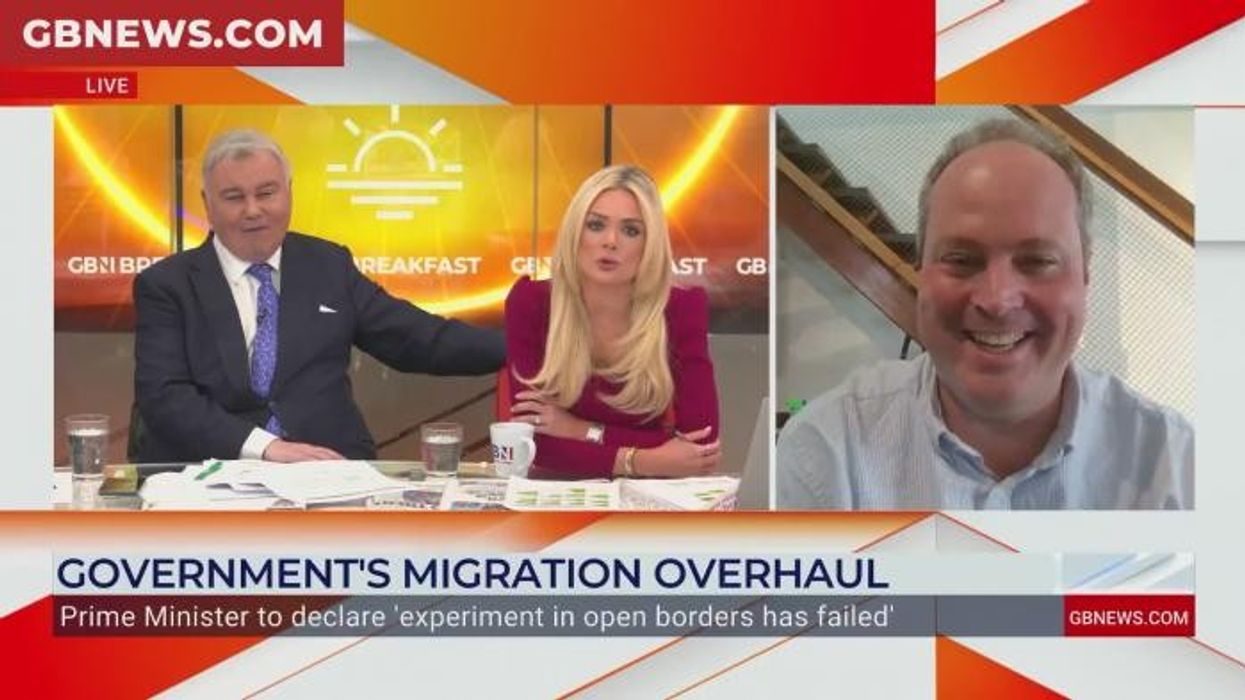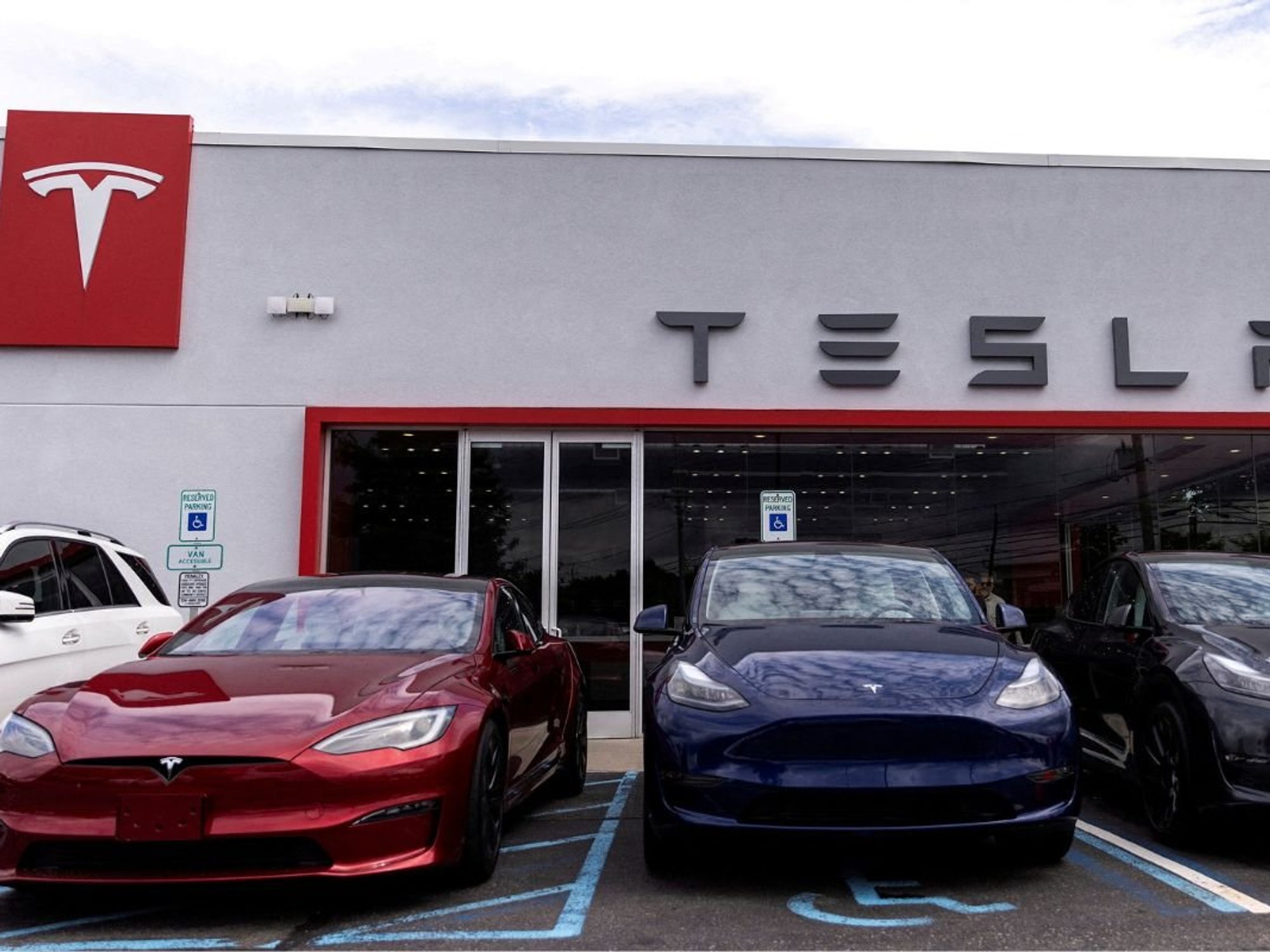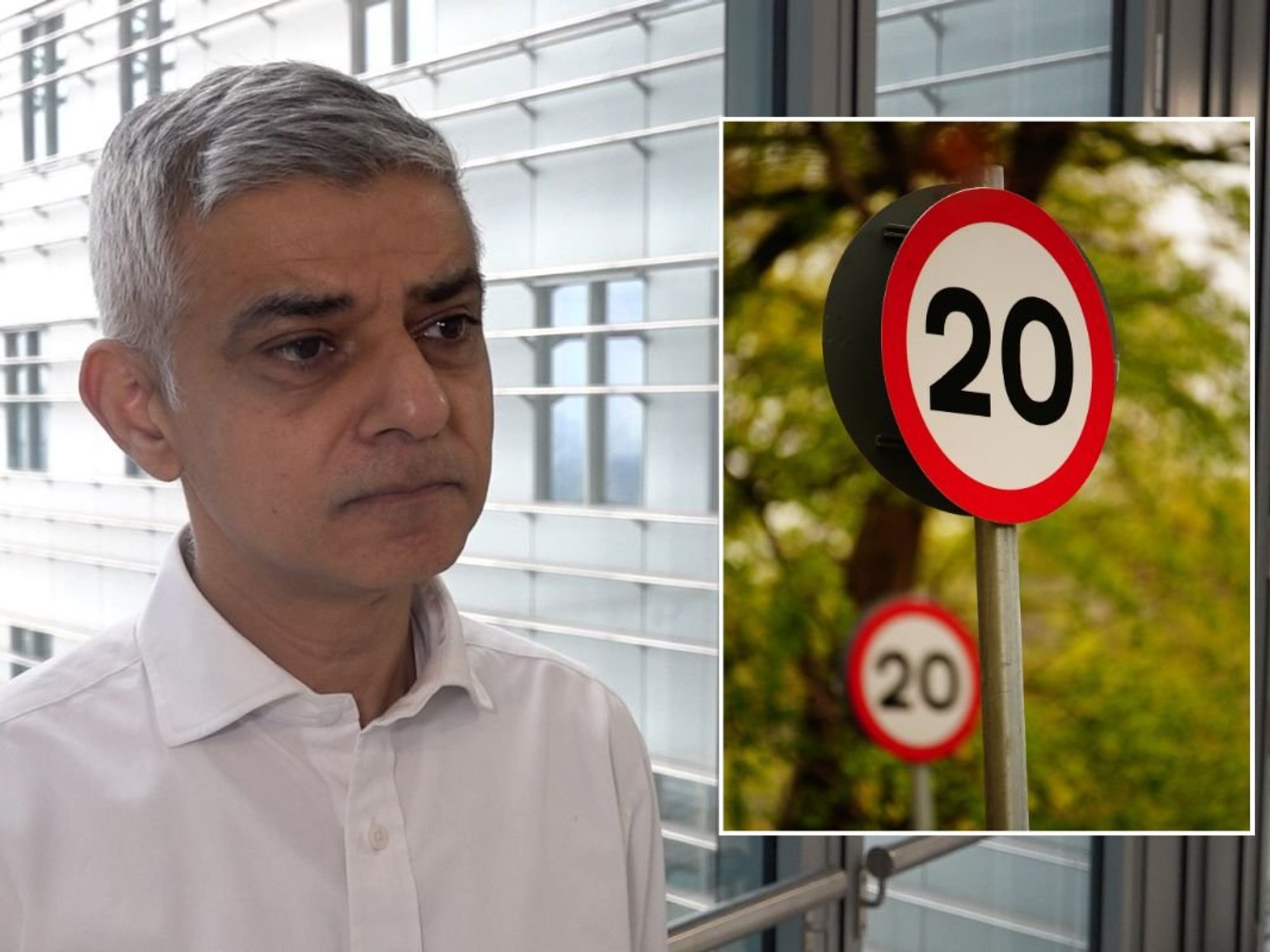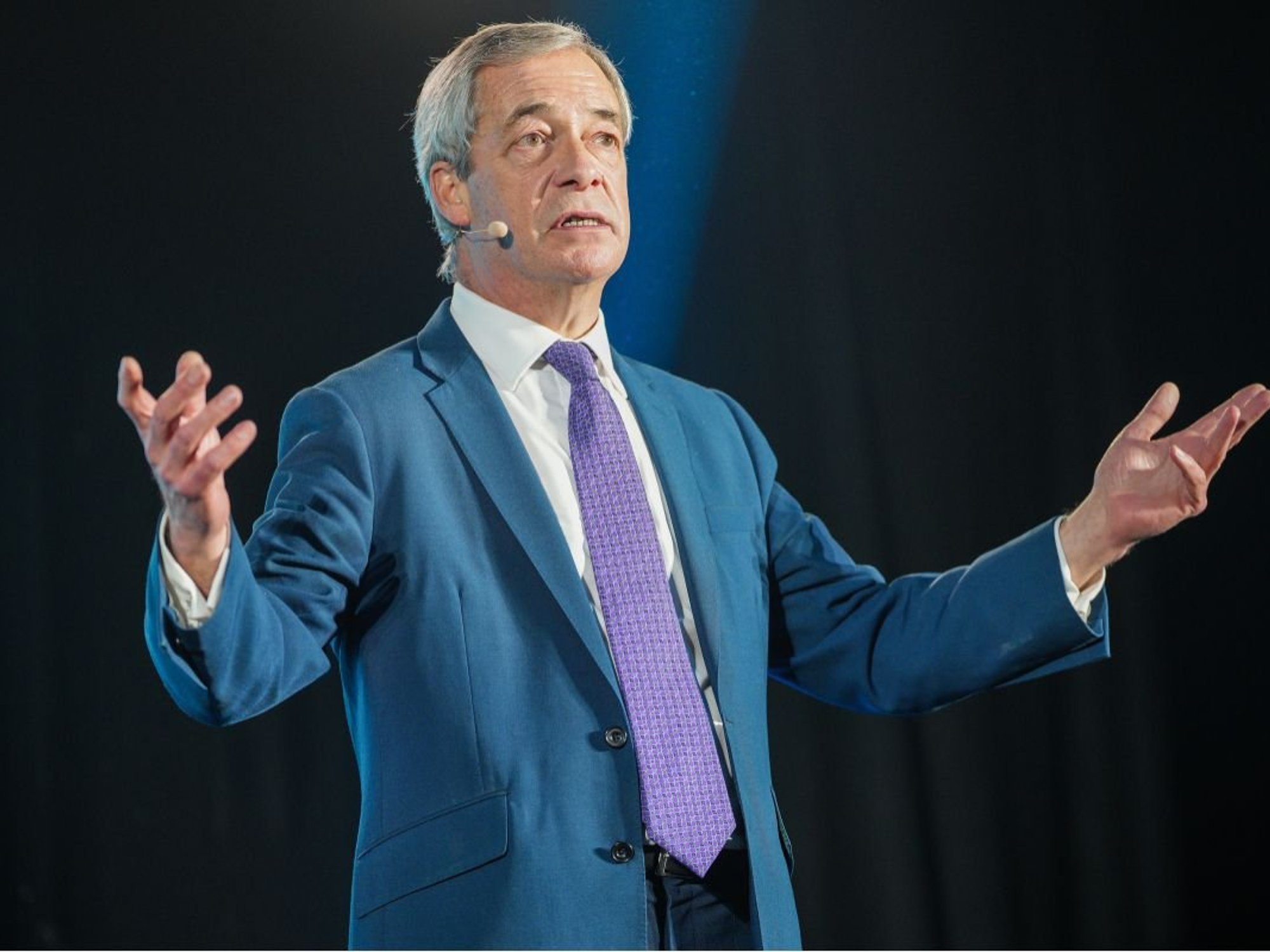The doomsday clock is approaching midnight, and one party is a whisker away from armageddon - Mark Littlewood
OPINION: A range of factors have combined to place the world’s most successful political party in mortal danger
Don't Miss
Most Read
Trending on GB News
Since 1947, the infamous Doomsday Clock has been seeking to predict how close humanity is to Armageddon. It’s a gimmick based on a questionable set of data, but it serves to remind us all that a few serious missteps combined with a sprinkling of bad luck could spell the end for all of us.
The idea is that if it ever reaches midnight, the game is up for homo sapiens. The clock is currently set at just 89 seconds to midnight.
It is high time we set up a political version of the Doomsday Clock. Major political parties in Britain rarely die. Their fortunes ebb and flow.
Sometimes they have a spring in their step, other times they have a furrowed brow. Usually, something happens to change their fortunes. A long stretch out of office, combined with bouts of infighting, can be quite swiftly followed by a decent stint in government.
Once in a blue moon, though, major political parties do actually die. For the Conservative Party, its own Doomsday Clock is currently a whisker away from striking twelve. Tories will be hoping it never quite makes it to midnight, but there’s no doubt it is getting perilously close.
A range of factors have combined to place the world’s most successful political party in mortal danger. Like a company that goes bankrupt, we would expect this to happen gradually and then suddenly, if it happens at all.
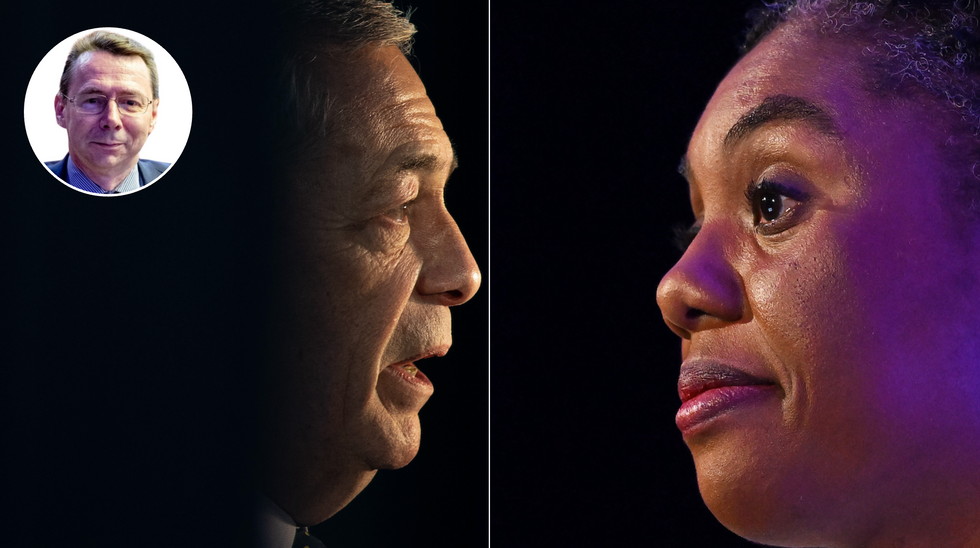
As the doomsday clock approaches midnight, one party is a whisker away from armageddon - Mark Littlewood
|Getty Images
The gradual part took place in the last period of the Conservatives being in office. They lacked the energy and the will to take on the “blob” that really runs Britain and therefore became enslaved by it. Taxation and spending went through the roof.
Economic growth and productivity flatlined. More and more human activity was put under the watch of regulators. Immigration into Britain didn’t merely increase – it exploded.
A mad and unaffordable obsession with decarbonisation took hold. If you wanted Britain to move in a more conservative direction, it was hard to see any way in which the Tories were facilitating such a shift. More often, they seemed to be frustrating it.
The swift part of the decline has been happening since the July election. Eviscerated at the polls, the Tories limped back to Parliament with a mere 121 MPs.
This is barely enough to form a proper day-to-day opposition to the incoming Labour government. Since that time, the Conservatives have offered little by way of analysis about how they got things so wrong in government and what lessons they have learned from this.
The plan seemed to be to retreat from the limelight, rest up and wait for the new government to make mistakes. The gradual passage of time would ensure that memories of the shambolic end to the Conservatives’ period in office would fade.
Those who turned away from the party in their millions at the election would start to drift back as the anger and resentment subsided.
Time can be a great healer if you are suffering from a cold or a bout of mild flu. It isn’t such a help if you fear that you might be in the early stages of cancer. Major illnesses require early and accurate diagnosis and, very often, painful and complicated treatment.
The longer you leave it, the worse it gets. The Tories are in danger of swallowing the occasional painkiller when they need a serious and protracted course of chemotherapy.
The Conservatives’ plight is worsened by the fact that in electoral politics, you don’t just need to be fit and healthy – you need to be fitter and healthier than your opponents.
Reform has swiftly moved from being an interesting protest party to securing Parliamentary representation with millions of votes last year. They are now leading in the polls, and they swept the country in May’s local elections. It wasn’t many weeks ago that Reform, the Tories and Labour were more or less neck and neck in the polls – each in the low to mid 20s. That has changed.
The Conservatives are now down in the teens, fighting it out with the Liberal Democrats. Labour is holding on to about a fifth of the vote. Farage’s insurgent party is measurably ahead and getting towards a third of the vote. A general election held today would result in a Reform landslide and the Tories having around ten MPs, if they were lucky.This means that an argument that the Tories have relied on for so long – that you may not like us very much, but we are the best bet to stop Labour – has unravelled completely.
With barely concealed glee, Nigel Farage is able to argue that it increasingly looks like it is a vote for the Tories that is splitting the anti-Labour vote. Had the tiniest handful of Reformers instead decided to vote Conservative in the recent Runcorn by-election, Labour would have emerged as victors.
The default reaction of panicked Tories is usually to defenestrate the incumbent leader. But that would be to wholly miss the sheer depth of the hole the party now finds itself in.
The Conservatives need a clear story of why things went wrong in government, an explanation as to why that won’t happen again and a compelling story about how they’d fix things. If the party can’t explain how and why things would be different next time, it will continue to wither away at speed.
The Tories do have the advantage of being the official opposition in Parliament and, although tarnished, a recognised and longstanding brand. A luxury they do not have, however, is time. An extensive consultation process, which yields detailed policy proposals sometime in 2027 or 2028, is moving at a snail’s pace when the reality is that modern politics is lightning fast.
We often hear from politicians that they aren’t going to provide a “running commentary” on one set of issues or another. That is usually a desperate attempt to try and avoid answering a straightforward question. The fact is that modern political communication is almost entirely about providing running commentaries on unfolding events. If you can’t – or won’t – do so, you simply become an irrelevant sidebar in the day-to-day battle for hearts and minds.
Sure, you need to reflect seriously on policy proposals and ensure the internal workings of the party are in good order – and this is especially true after a spanking in a general election.
However, if you get into the habit of thinking twice before saying nothing, you can expect your share of the vote to melt away.
Given May’s elections and the dire state of the polls, the harsh reality is that the Conservatives do not have very long at all to turn things around before their own Doomsday Clock chimes.
More From GB News


